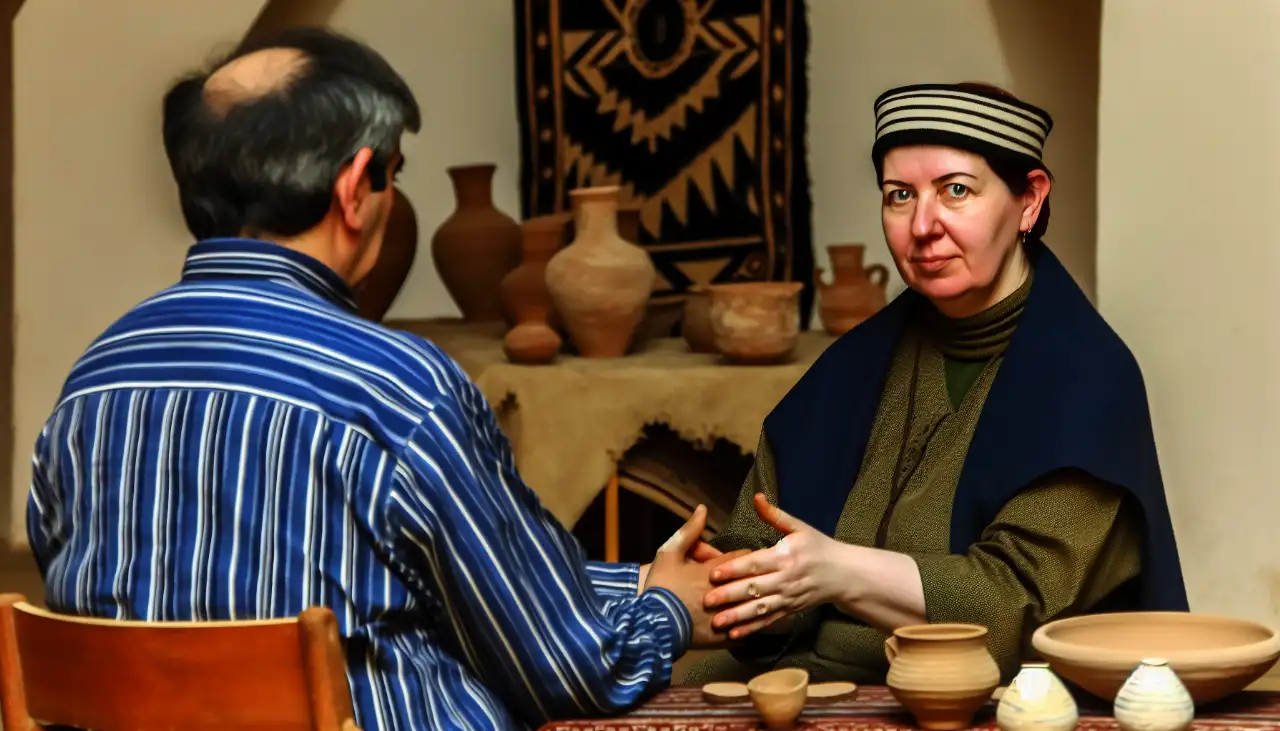
Emotional energy is a part of personal power, and you need to clean and understand it and use it in ways that can seem very alien.
The Use of Emotions
The goal is to no longer be a victim of your emotions but to connect with them as an act of power, whether it's love, anger, sexual energy, depression, grief, etc. Our emotions are manipulated by our conditioning and the connections we have with the past and people. That's what the recap does, cleans all that out so you can connect with your emotions in an honest way, learn true detachment, and then act from a place of compassion.
But in the beginning of the process, once you reach a clean place, you may seem very aloof, even cold; it's only through acting with a detached compassion, ready to die for the intent to heal yourself, that you once again become someone people are drawn to emotionally.
Regular detachment is the place all human beings can reach with a little effort. It allows them to let go long enough to gain a new perspective. It is not, however, the same as shamanic detachment. It can help them heal, though. Shamanic detachment moves from a place of polar opposites. It takes the heart of each emotional pole of existence, feels them all equally at the same time, and creates a detached space which is devoid of personal perspective or emotion - true detachment. You start that process by learning your own death through, hopefully, le petit mort.
How does one achieve 'le petit mort'?
The little death can be had in a number of ways. The best way is to physically die and make it back before they shovel dirt on you. But there are a number of ways.
Like near death experiences?
Yes, those will do. Beyond that, there are many other methods, some which use drugs in other traditions; in mine, I prefer the "talking parrot". Go through each minute of every day with a "parrot" on your left shoulder that talks in your ear. That parrot is your death, and it will comment on everything you see and experience. Soon you will begin to perceive through the eyes of your own death - to understand where your death lies and what it means in terms of the way you connect with the world. Then, search out your death. Look forward to where on this winding path of life it is waiting for you, because it is waiting and it won't go away. You'll find it, but be prepared for a shock when you do; few people really reach that point without changing in incredible ways.
Do you mean that we will literally come to know and see the moment of our demise?
Yes. Think about it, how would you choose to live your life in the face of that certain knowledge? Not an intellectual understanding, but an understanding that seeps into your bones and creates a bitter taste in your mouth.
Is the ultimate goal to become completely detached as in devoid of emotions?
You shouldn't confuse detachment with lack of emotion. In fact, your emotional energy becomes much more powerful. The detachment, however, teaches you what is yours and what is not, what to be concerned with as part of your awareness and what to let go of in real ways, even though you may still be an observer. Our compassion acts as a binding of either them, or us, and sometimes both. With detached compassion we see the situation for what it is, and our own part, which we can play or not play.
Like setting yourself aside for a bit so you can do a job?
Yes, like setting yourself aside for a bit. With practice it becomes the way you see things, just like you had to practice to see things the opposite way to start with.
Is detachment always better, or can an emotion sometimes be more powerful to use?
It depends; detachment will protect you, but emotion - the energy of emotion - can be used as a tool to accomplish some specific goals.
You can use detachment as a healing tool?
You can learn, once you have the tools, to concentrate and use emotional energy to destroy people just as easily as you can heal them; so I find it better, or found it better, to learn detachment.
Can you outline some steps for seeing with detachment?
The first thing to do is put yourself in touch with your own sense of mortality to lessen the immediate impact of what you're seeing. By doing that you automatically pull back. The other thing to do is reach a fine understanding of nature, and the fact that each person and thing has a right to self-determination, and therefore doesn't deserve your interference unless asked for as help.
Also remember that advice is only advice as long as you give someone room to take it or leave it without judging their actions. Remember, too, that nature takes its course; even if you are in a position to change that, you probably shouldn't. Always ask yourself whether you are feeling sorry for something, or want to get involved for your own ego, or because it strikes a chord of self-pity within yourself. Just because you can do something doesn't mean you should. I would also suggest learning to understand compassion in a Buddhist sense rather than the normal Western sense, which is usually an issue of guilt as opposed to true compassion.
The bigger the energy you want to handle, the bigger the detachment. Learning the process can be painful, but experience is the only way to learn it. Detachment will help you to be more fluid and thorough.
How do we know where someone else's emotion begins and ours ends?
When you look at it and realize it doesn't live in you, didn't come out of you, and that your emotional response is not one of experience which created it, but one of reflection and connection to it empathetically. As an empath, you will have to work hard at this and yes, the recap will help, simply because it clears out the crud.
Detachment ultimately allows you to see clearly the source of your pain without falling into the emotions pit. That way you're able to control your emotions, move apart from them and deal with the problem in a way that truly benefits you rather than weakening you even more. Detachment is an odd thing. It's hard to describe, really, in words, but once you really feel it and know it, it all makes sense.
Could you compare 'passion' and 'compassion' with 'emotion'?
Passion is what we feel through our intent. Compassion must be viewed as a detached compassion - it is compassion without pity. Both are parts of our emotional energy and makeup, but we are trained to let them get out of proportion to the things that we see and experience in life. Passion connects us to our heart, but to see our passion clearly we must first have no attachment to the patterns of our past, or of those that would have controlled us as emotional props through our own energy. We have to look on those connections with compassion, but not pity, either for ourselves or for the people who have affected us. It's complicated, I guess. The brain doesn't care for the contradiction, but there is a middle way through.
Passion is essential, without it life has no animation, and without animation there won't be any movement.
Most compassion from people is motivated by pity; we confuse the two all the time. But usually it reflects on us personally in one way or another. It's very difficult to look at things involving the people we care about, but in some sense we owe them more detachment so that our outcomes don't become theirs or vice-versa.
What we wish for people may be noble and meant with the greatest compassion, but it's their life to lead in the end. The choices they end up making, bad or good, can become your choices in a way if you are too attached to helping them with their outcomes. There is a point at which you must let go and become detached; advice isn't advice unless you give someone room to take it or leave it and their choice won't affect how you feel about them. If my child, as an example, makes a bad decision, I don't stop loving that child because of it. I have to be detached from the decision itself. It doesn't mean you don't care; it means you come to a finer understanding of what caring and compassion really are.
Being centered in the emotions, not overblown or prey to patterns, allows a person to create a detachment that is both compassionate and yet apart from being affected by their life history to such a great degree.
Emotions fog seeing?
Yes, they almost always do, simply because they are already associated with so much that has nothing to do really with what you are seeing now and will weaken your ability to act.
Learning to see clearly means being willing to accept whatever you see without judgment during the seeing. People get confused about that. For whatever amount of time necessary to access the vision, the knowledge or understanding, you must be totally detached. In the next moment you can have whatever emotional reaction you choose. Eventually, the detachment will spread and you will be able to have more sustained seeing and visions that are useful to you in the world. If all you ever do is see really neat things but you are never able to turn and apply them, they're pretty useless.
I feel pretty detached from most people, like something's wrong with me, but maybe that's my lack of compassion.
No, it's recognition of boundaries, where you stop and they begin - at least on a conscious level.
How does the detachment you talk about compare with the detachment that a person learns when in codependency counseling?
In counseling, you still expected some outcome from the detachment, right? This detachment is different. In front of you exist all the possible choices, options and directions for action, but you are only acting as an impassionate observer in that, making choices based on totally non-emotional criteria. You aren't doing it purely to cope, but also not doing it not to cope. It's just bigger. I understand what you're saying, and it isn't a bad way to look at it, but in the same sense detachment also has to be a part of compassion, love, anger, all of these things. It may seem emotionally controlling in some way, but in reality you are only dealing with your own energy and not throwing it up on everyone else to deal with.
For instance, when you look at an addiction that affects you, it is very easy to get personally involved emotionally in how to deal with that. But on a shamanic level, all we care about is dealing with the addiction itself in the person who is suffering with it.
Deal with the addiction, not the addicted?
Yep. Seems weird, I know.
What does detached self-love look like? And how can you possibly say who you are until you've recapped it all?
It's being at peace with who you are and who you may become. It's understanding that even though you are a small part of a scheme you can't perceive, that it's okay - you still count as much as you are able to with what you have. Yes, you'll have to recap it all before you really understand who you are under all those layers, but it will happen.
How can we stay detached in healing if we are also waiting for verification?
I've learned it doesn't matter. I take the miracles with the failures and remain resolute in the face of both to only do the very best I can, always, with my intent. Detachment doesn't mean you don't care. You would tear your heart out to succeed, but failure doesn't mean you have failed ultimately, either, so you must live somewhere in the middle - detached, capable of movement or of standing still. When you don't have the verification to work with, it's the same thing. You do everything in your power to intend, and then stand aside.
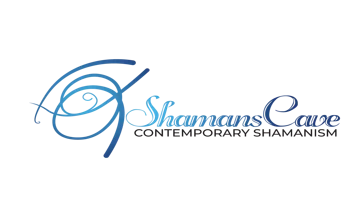


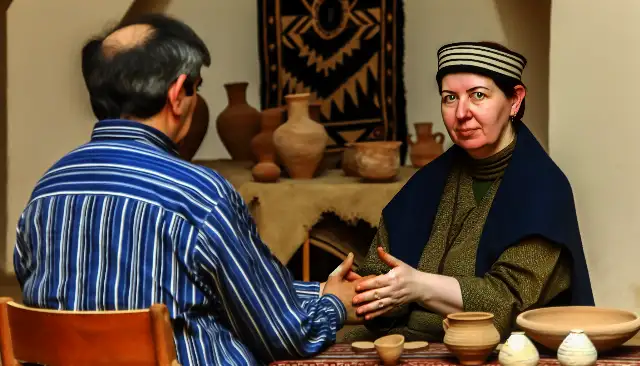
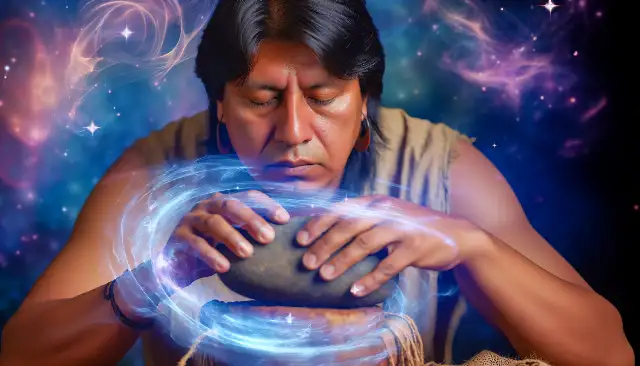

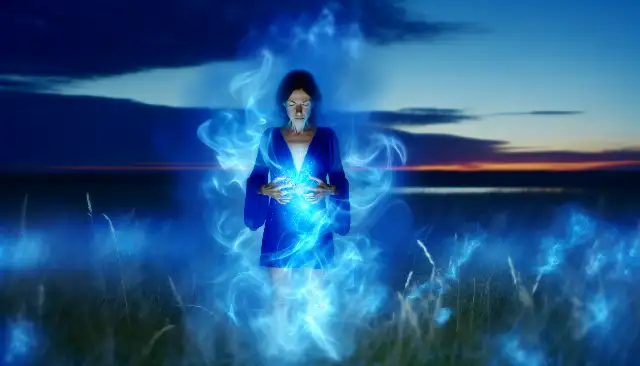
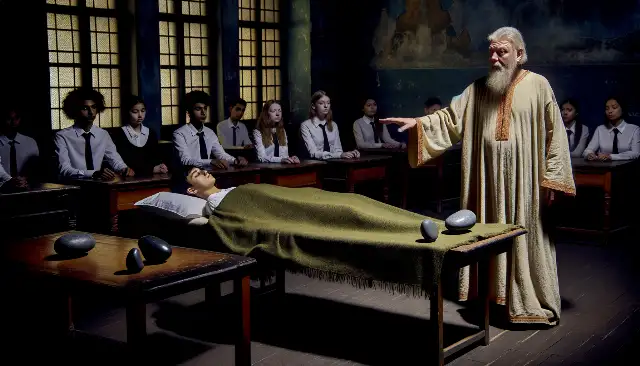

Comments